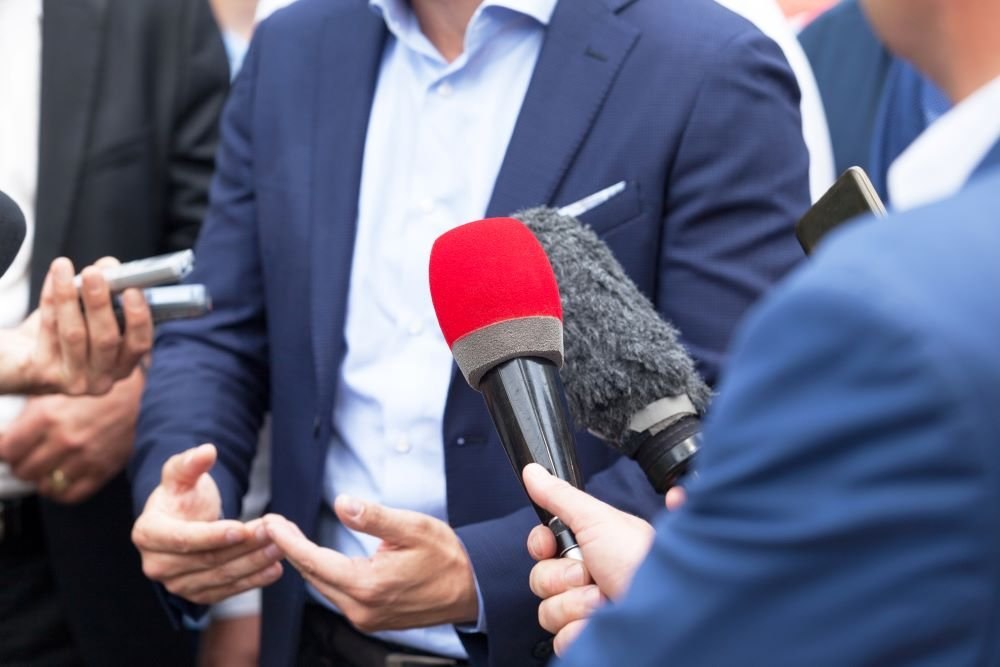
In our earlier article, we explored the top triggers for consumer boycotts across markets, and how the overall risk of brand boycotts compares internationally.
But what actions can brands already snubbed by consumers take to recover from a boycott?
In this piece, we dive into YouGov’s latest international findings on what’s most likely to encourage consumers across international markets to stop boycotting a brand.
How likely are consumers across markets to reconsider a brand boycott?
Latest YouGov Surveys research shows that, across international markets, the vast majority of consumers who would boycott a brand for acting in ways they disapprove of are open to patronizing such brands again (“potential boycotters”) – as long as they take remedying actions or are penalized for their objectionable behavior.
However, about one in seven “potential boycotters” in France (14%) and the USA (13%) say they would not reverse a decision to boycott a brand under any conditions – the highest proportion among the 17 international markets polled – followed by Hong Kong and Spain (both 12%) where around one in six say the same.
Under what circumstances would consumers across markets reverse a decision to boycott a brand?
Among consumers who would stop boycotting a brand in response to remedying or penalizing follow-up actions, most are willing to do so if the company in question provides a plan to address the issue they find objectionable or shares results on how they have taken steps to address the objectionable issue.
Unsurprisingly, sharing the results of how the objectionable issue has been addressed persuaded a larger proportion of consumers to end their boycott, compared to a plan to address it, which was in turn more persuasive than only issuing an apology as a rule.
In general, having an outside entity (the government, NGOs, a lawsuit) penalize a company for acting in an objectionable way was least likely to encourage “potential boycotters” to reverse their decision in most markets. However, in Hong Kong, Poland, France and Mexico such punitive action would encourage a larger proportion of consumers than a company-issued apology to end their boycotts.
This article is part of our two-part international study on Brand Boycotts: Consumer Motivations and Brand Recovery, which explores the top reasons why boycotts occur across countries globally and what’s most likely to end a brand boycott across different markets. Explore the full series below:
➤ Part 2 – Defusing consumer boycotts: How can brands regain customers and bounce back?
Methodology: YouGov Surveys: Serviced provides quick survey results from nationally representative or targeted audiences in multiple markets. The data is based on surveys of adults aged 18+ years in 17 markets with sample sizes varying between 510 and 2,044 for each market. All surveys were conducted online during February 2024. Data from each market uses a nationally representative sample apart from Mexico and India, which use urban representative samples, and Indonesia and Hong Kong, which use online representative samples. Learn more about YouGov Surveys: Serviced.
Cover image by Mihajlo Maricic